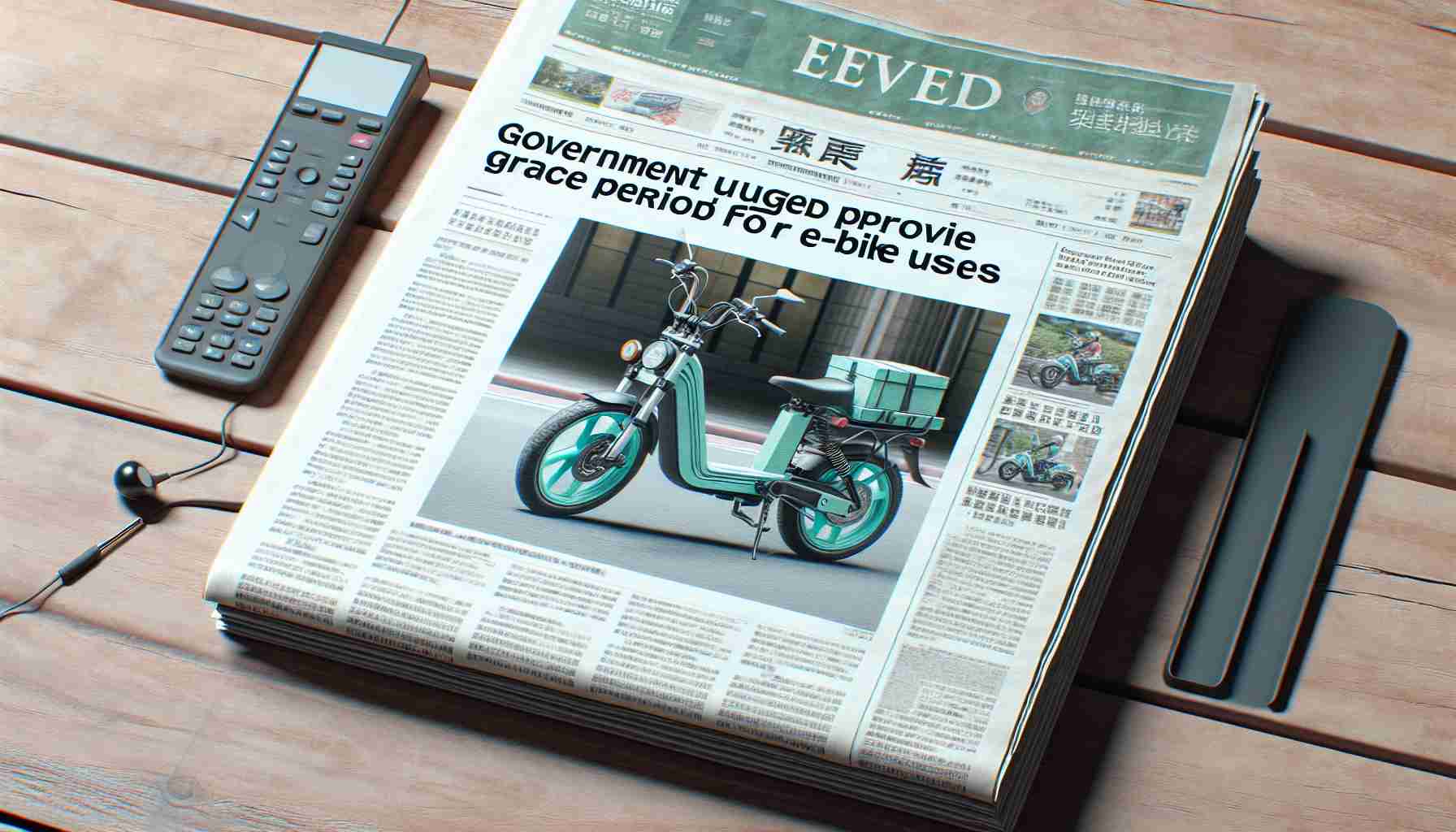Senator Grace Poe has called for a grace period for electric bike users who have been apprehended for violating the policy banning such vehicles from major roads in Metro Manila. While President Ferdinand Marcos Jr. ordered a grace period on the ban, Poe argues that those who have already been fined and had their e-bikes impounded should also be given a grace period.
Poe emphasized the importance of providing sufficient time for motorists to comply with the new regulation, especially since there is confusion regarding what is banned and where light electric vehicles that are not covered by the ban are allowed to pass through. She urged the Metropolitan Manila Development Authority (MMDA) and local government units to inform the public about the new directive.
Although Marcos believes that e-bikes should be banned from major roads, he admitted that there was limited time to inform the public about the rule. Instead of ticketing or fining e-bike and e-trike drivers, Marcos suggested redirecting them to the correct roads and reminding them of the MMDA’s new policies.
Poe highlighted the fact that e-bikes and e-trikes exist as alternatives to public transportation, which is often inadequate and inefficient in the country. If the government is going to restrict their use, Poe believes that easy access to other transportation modes should be made a priority.
The senator called on the MMDA and other agencies to sit down with stakeholders and formulate balanced policies that address the needs of commuters without compromising road safety.
Providing a grace period for e-bike users who have already faced penalties is a fair and necessary step to ensure a smooth transition to the new regulation. It is crucial for the government to clarify and disseminate information about the ban to avoid confusion among motorists. Additionally, in addressing the limitations on e-bikes, the government must prioritize improving public transportation options to provide commuters with accessible and affordable alternatives. A comprehensive approach that considers the needs and safety of commuters is essential in creating effective transportation policies for the metro.
The electric bike industry has been experiencing significant growth in recent years, driven by the increasing demand for sustainable and efficient transportation options. Electric bikes provide an environmentally friendly alternative to conventional motorcycles and cars, offering reduced emissions and lower fuel costs. According to market forecasts, the global electric bike market is expected to reach a value of $22.8 billion by 2025, with a compound annual growth rate of 7.9% during the forecast period.
However, the recent ban on electric bikes from major roads in Metro Manila has posed challenges for both e-bike users and the industry as a whole. The lack of clarity regarding the ban and where electric bikes are allowed to operate has led to confusion among motorists and e-bike users. This confusion has resulted in fines and impoundments for some e-bike users who were unaware of the new regulation.
In response to these issues, Senator Grace Poe has called for a grace period for e-bike users who have already faced penalties. She argues that providing sufficient time for motorists to understand and comply with the ban is essential, especially considering the confusion surrounding the new directive. Poe emphasizes the importance of informing the public about the ban and directing e-bike users to the correct roads where they are allowed to operate.
President Ferdinand Marcos Jr. supports the ban on electric bikes from major roads but acknowledges the limited time for public awareness and compliance. He suggests redirecting e-bike users instead of imposing fines and tickets, aiming to educate them about the new policies and guide them towards the appropriate routes.
Poe also raises the point that electric bikes and e-trikes serve as alternatives to inadequate and inefficient public transportation in the country. If the government restricts their use, it is crucial to prioritize improving other transportation modes to ensure accessible and affordable alternatives for commuters.
To address these issues and develop balanced policies, Poe urges the Metropolitan Manila Development Authority (MMDA) and other agencies to collaborate with stakeholders, including e-bike manufacturers, users, and commuter groups. By involving all relevant parties in the formulation of transportation policies, a comprehensive approach can be taken to meet the needs of commuters without compromising road safety.
In conclusion, providing a grace period for e-bike users who have already faced penalties is crucial to facilitate a smooth transition to the new regulation. It is imperative for the government to clarify and disseminate information about the ban to avoid confusion and ensure compliance among motorists. Furthermore, improving public transportation options should be a priority to provide accessible and affordable alternatives for commuters. Taking a comprehensive approach that considers the needs and safety of commuters is vital in creating effective transportation policies for Metro Manila.
For more information about the electric bike industry and related topics, you can visit the following links:
electricbike.com
electricbikereport.com
greenspeed.us
